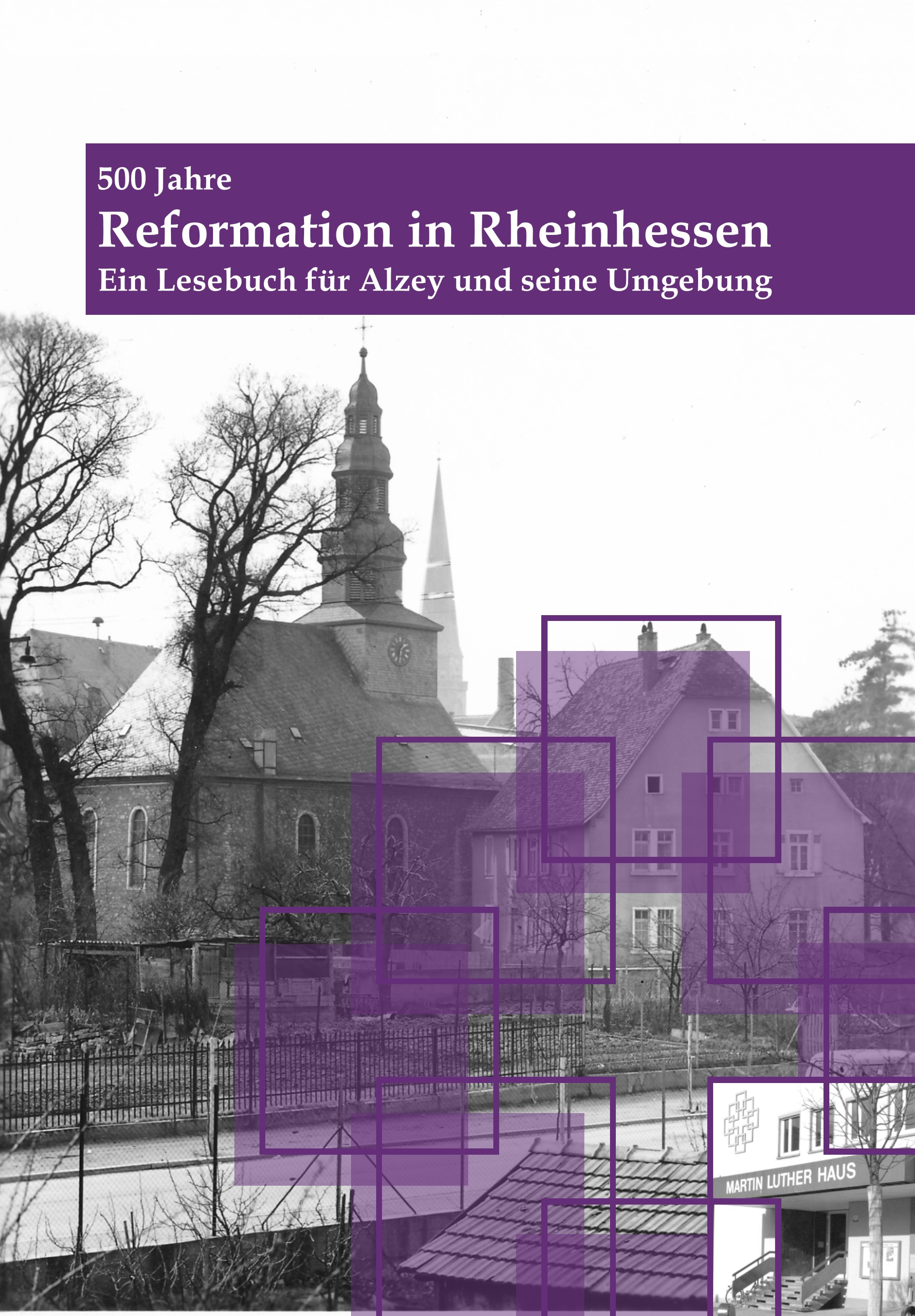1797 Bonjour we are French now
Bonjour- good day and welcome, would the citizens of Alzey have thought back then. In 1797, France annexed Rhenish Hesse (German: Rheinhessen) and thus ended the fragmentation of Rhenish Hesse into 50 small dominions. Also the discrimination of the other confessions had an end, which was quite a relief for many citizens of Alzey. This attitude changed quickly because the revolutionary France also forbid all religious activities in public. All parish registers had to be closed and handed over to the civil communities in 1798. The revolutionary French calendar was established and thereby a 10 days week, Rhenish Hesse was given the name Department of Donnersberg, all churchly possessions and country estates were socialized, only the possessions of the local parishes remained. However Napoleon reached an agreement with the Catholic Church in 1801 and compensated her with generous annual payments to earn her goodwill. In 1802, Napoleon placed the entire protestant church system under state control. In addition there was the law of the organic articles. Governmental and churchly affairs often went hand in hand with each other, French public servants had to settle churchy disputes and pastors were given political responsibilities. The French time had a big impact on the structures of the church and state in Rhenish Hesse. It also brought many ideas of the Enlightenment and modern laws, but changed little on the religious way of lives of the ordinary people.
You can find more information: 500 years of Reformation in Rhenish Hesse, article ”The protestant churches in the French time“ (original German: „Die protestantischen Kirchen in französischer Zeit“) by Helmut Schmahl.: 500 Jahre Reformation. Artikel „Die protestantischen Kirchen in französischer Zeit“ von Helmut Schmahl